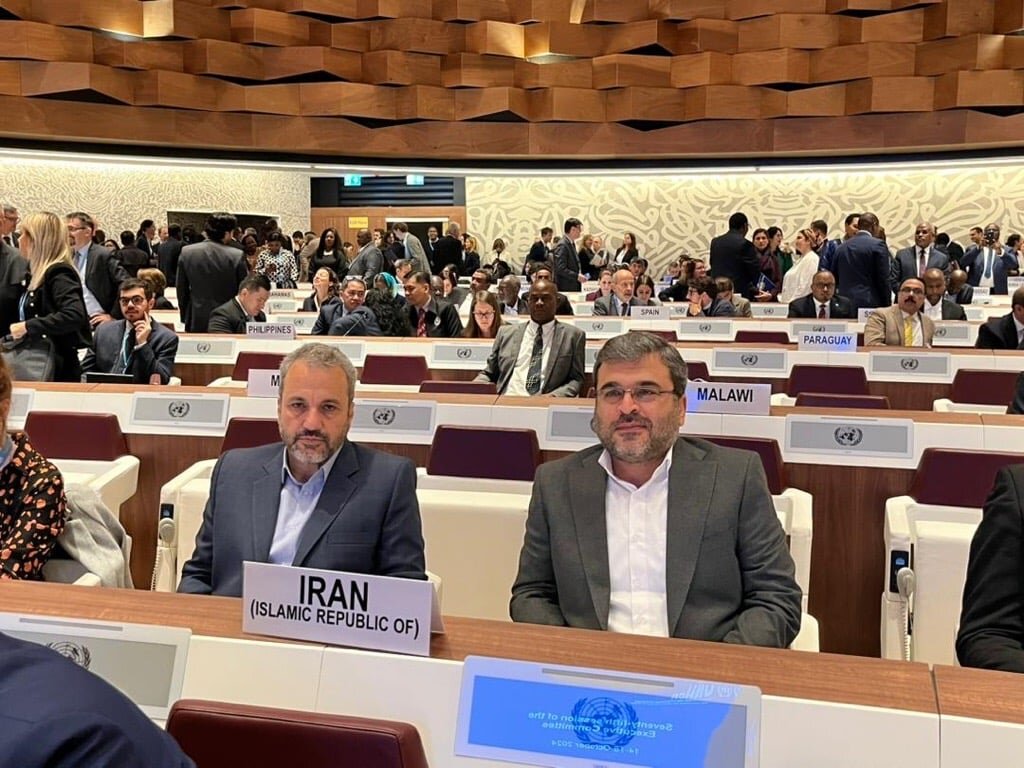Iran may rethink refugee policies if global support is not enough

TEHRAN – In case the international community refrains from taking responsibility and fairly sharing the burden of hosting refugees, the Islamic Republic of Iran will probably revise its immigration policies, Nader Yar-Ahmadi, an official with the National Organization for Migration, has said.
Yar-Ahmadi, leading a delegation, participated in the 75th Annual Session of the Executive Committee of the United Nations High Commissioner for Refugees (ExCom) held from October 14 to 19 in Geneva, Switzerland.
The official made the remarks in a meeting held on the sidelines of the annual session with Flippo Grandi, the UN High Commissioner for Refugees.
Lauding the support and the efforts of the UNHCR in Iran, the Iranian official said the increase in foreign nationals’ population along with educational, economic, cultural-social, and health infrastructure pressure on one hand and the lack of consistency between the UNHCR budget and the needs and costs of refugees in the country on the other hand have caused numerous problems, IRNA quoted Yar-Ahmadi as saying.
The official emphasized less than one percent of the costs of refugees have been paid for; hosting more refugees is improbable, and they have to return to their home country.
“The priority of the country is to resettle vulnerable refugees in third countries, despite promises made in your last visit to Iran in the calendar year 1400 (2021 - 2022) to provide more vulnerable refugees with insurance, sadly, not only did the number of those covered not increase, but also decreased from 120,000 to 95,000 individuals.
It is essential for the UNHCR to review and boost its support in the field of health and treatment, he stressed.
It should be noted that political issues, including sanctions, must not affect humanitarian activities. Since humanitarian issues are apart from political issues, the Islamic Republic of Iran is ready to cooperate with financial supporters of refugees in the country, the official added.
Considering the challenges facing the education system due to the free education of Afghan nationals in the country, it is necessary for the UNHCR to cover the expenses related to their education, including building new schools, refurbishing and equipping schools, and paying teacher recruitment costs.
Some 25,000 classrooms are needed for the education of foreign students, but since 2021, only 21 schools have been built with the support of the UNHCR in the country which does not meet the needs.
Grandi, for his part, commended the valuable policies of Iran in providing services to refugees in various fields such as education, health, and treatment.
The official acknowledged that with the increase in the number of Afghan nationals, the situation has become more complicated for the country as the aid has not been proportionate to the provided services to refugees in these 40 years.
MT/MG
Leave a Comment